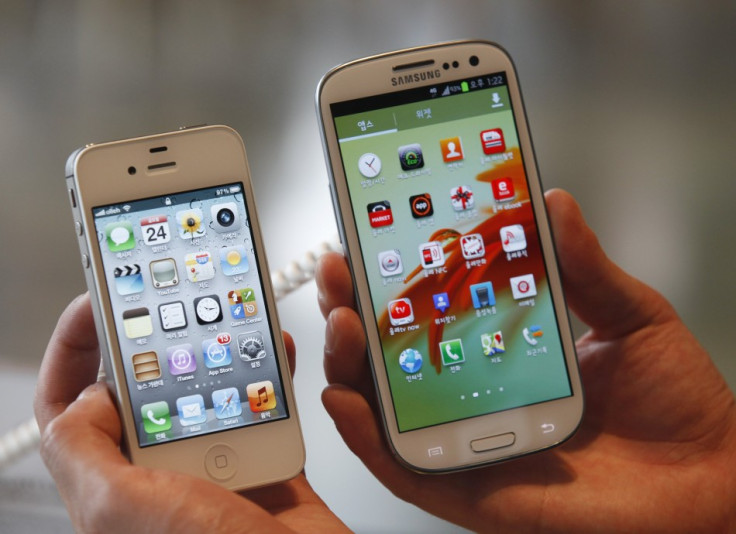Samsung Ordered to Pay Apple $1bn in Patent Infringement
Apple's $1bn patent victory could spur on Samsung to global dominance, say analysts

A US court has ordered South Korean smartphone and tablet maker Samsung to pay $1.05bn (£665m) to Apple in damages for patent infringement.
The jury ruled that Samsung had copied designs for software and hardware from Apple's iPhone, a violation of intellectual property. The court dismissed Samsung's counter-claims of patent violations by Apple.
Apple also sought the withdrawal of Samsung smartphones from the US market and will file a sales injunction application within a week.
Samsung countered the claims of Apple, saying that smartphones with big screens and rectangular corners were not the exclusive property of the iPhone maker.
"Today's verdict should not be viewed as a win for Apple, but as a loss for the American consumer. It will lead to fewer choices, less innovation, and potentially higher prices," said a Samsung statement.
"It is unfortunate that patent law can be manipulated to give one company a monopoly over rectangles with rounded corners, or technology that is being improved every day by Samsung and other companies."
The order followed a complaint filed by Apple in April 2011 demanding $2.5bn (£1.6bn) from Samsung.
Apple accused its smartphone competitor of a "crisis of design" following the launch of its iPhone. It alleged that Samsung executives were engaged in design violations to cash in on the success of Apple products.
"Today was an important day for Apple and for innovators everywhere. We value originality and innovation and pour our lives into making the best products on earth. And we do this to delight our customers, not for competitors to flagrantly copy," said Apple CEO Tim Cook in an internal memo to employees.
How is Samsung affected?
The ruling is unlikely to cause substantial damage to the Seoul-based smartphone maker. The $1.05bn that Samsung has been ordered to pay is less than half the amount sought ($2.5bn) by Apple and just 1.5 percent of annual revenues from the company's telecoms business.
The Samsung group had a net profit of $4.5bn in April-June, 70 percent of which came from its phone and tablet business.
The company has sold nearly 50 million phones in the same period, almost twice as many as the Apple iPhone.
Some analysts see the outcome of the lawsuit as an opportunity for Samsung to innovate aggressively and capture more of the global market, including the US.
"Samsung has already made some design changes to new products since the litigation first started more than a year ago. With the ruling, they are now more likely to make further changes or they could simply decide to raise product prices to cover patent-related payments," Seo Won-seok, an analyst at Korea Investment & Securities, told Reuters.
Samsung is also expected to cash in on the publicity it has received from the year-long legal battle.
Samsung shares are still nearly 50 percent higher than when the lawsuit began, even though the stock recorded a 5 percent weekly loss in the run-up to the verdict.
"The impact on Samsung will be quite limited, as affected models are mostly legacy products and its new products did make some design changes to avoid potential litigation," said D J Jung, representative patent attorney for SU Intellectual Property.
"Still ... it's a sweeping loss in the most important market. Samsung could be perceived as a copycat."
© Copyright IBTimes 2025. All rights reserved.





















